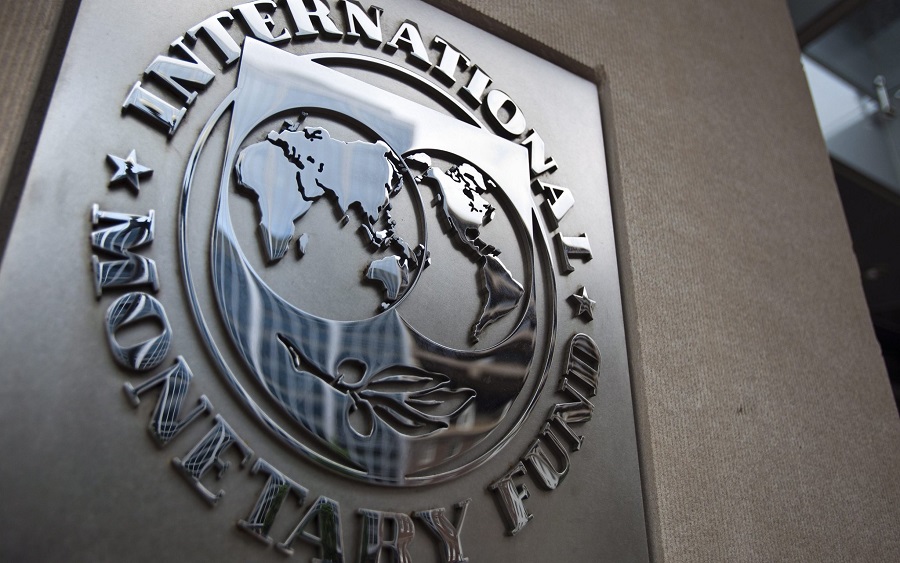Nigeria’s ability to repay its N24.39 trillion debt is in question after the International Monetary Fund (IMF) expressed concern about the rollover risks, arguing Nigeria’s capacity to refinance might drop in the future.
The concern was raised by the Financial Counsellor and Director, Monetary and Capital Markets Department, IMF, Tobias Adrian, while presenting the Global Financial Stability Report at the ongoing joint annual spring meetings with the World Bank in Washington DC.
Nairametrics had reported that Nigeria’s total external and domestic debts rose to N24.387 trillion in 2018. Debt Management Office disclosed that Total Public Debt stood at N24.387 trillion as of December 31, 2018, representing a year-on-year increase of 12.25% in Nigeria’s debt stock.
“Nigeria has been borrowing in international markets but we worry. So, on the one hand, that is very good because it allows Nigeria to invest more; but on the other hand, we do worry about rollover risks going forward.
“At the moment, funding conditions in economies such as Nigeria and other sub-Saharan African countries are very favourable but that might change at some point. And there is a risk of rollovers and there is the risk of whether these needs for refinancing can be met in the future.”
Federal Government rebuff IMF claim
The Nigerian Government countered IMF statement, saying the nation’s debt burden is sustainable, adding that the debt burden will have no negative impact on Nigeria’s economy.
While reacting to IMF‘s statement, the Minister of Budget and National Planning, Senator Udoma Udo-Udoma said steps are being taken to ensure Nigeria doesn’t have a debt problem.
One of the steps is widening of tax collection- This is according to Udoma who spoke after the end of Wednesday’s Federal Executive Council meeting at the Presidential Villa in Abuja.
“With regard to our debts, our debts are sustainable.
“We do have a revenue challenge and we are focusing on that. Once the revenues come up, it will be obvious that we don’t have a debt problem at all.
“We are working on a number of initiatives to increase our revenues. We are looking at initiatives to widen the tax base. We are looking at initiatives to increase efficiency in collection.
“We are looking at a single window, which will help to increase efficiency, custom collections. We are looking at many different ways to improve revenues.
“The debts are sustainable; every nation borrows. We are working on increasing our revenues.”
